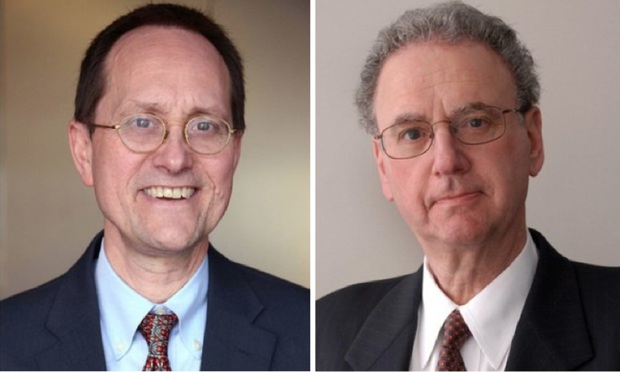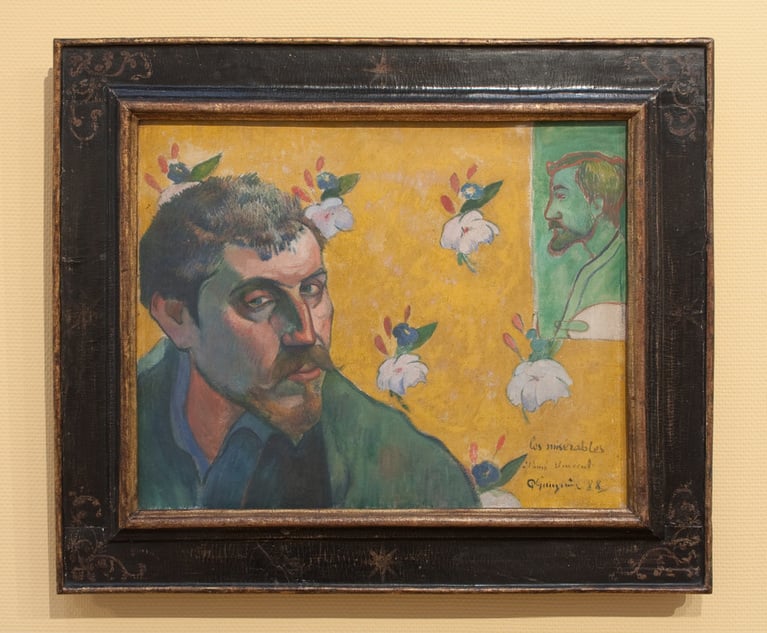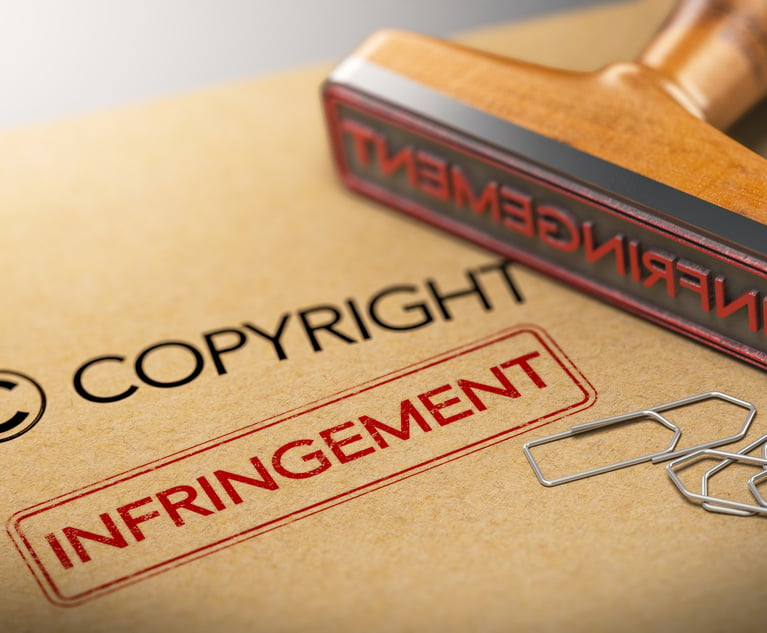In Jackson v. Roberts, 972 F.3d 25 (2d Cir. 2020), the U.S. Court of Appeals for the Second Circuit recently confronted a copyright question that has long challenged the courts: Is a state law claim for unauthorized commercial use of an individual’s name, voice or likeness—i.e., a right of publicity (ROP) claim—preempted by the federal Copyright Act, when the defendant violates the ROP by reproducing or otherwise exploiting a copyrighted work that embodies such name/voice/likeness? In other words, must the individual plaintiff bring that action as a copyright infringement claim, or go without a remedy? The Second Circuit in Jackson clearly held that the answer was yes, but its route to that conclusion may leave future courts no closer to consensus on how to decide the issue.
Very briefly, the facts are as follows: Plaintiff Jackson is a successful rapper professionally known as 50 Cent. His breakthrough hit record was a 2003 track called “In Da Club.” Under a recording agreement with Shady Records and Aftermath Records (Shady/Aftermath), Jackson does not own copyright in the song or the recording. That agreement also granted Shady/Aftermath certain rights to exploit his name and likeness. In 2015, defendant Roberts, a rapper professionally known as Rick Ross, distributed a free promotional “mixtape” to advertise the forthcoming release of his album Black Market. One of the tracks on the mixtape features a lengthy sample of “In Da Club” and the track list identifies it as “In Da Club (Ft. 50 Cent)” (In this context, “Ft.” is a common abbreviation for “featuring”). Roberts’ use was not authorized, either by Jackson or by Shady/Aftermath.


 Robert W. Clarida and Robert J. Bernstein
Robert W. Clarida and Robert J. Bernstein




